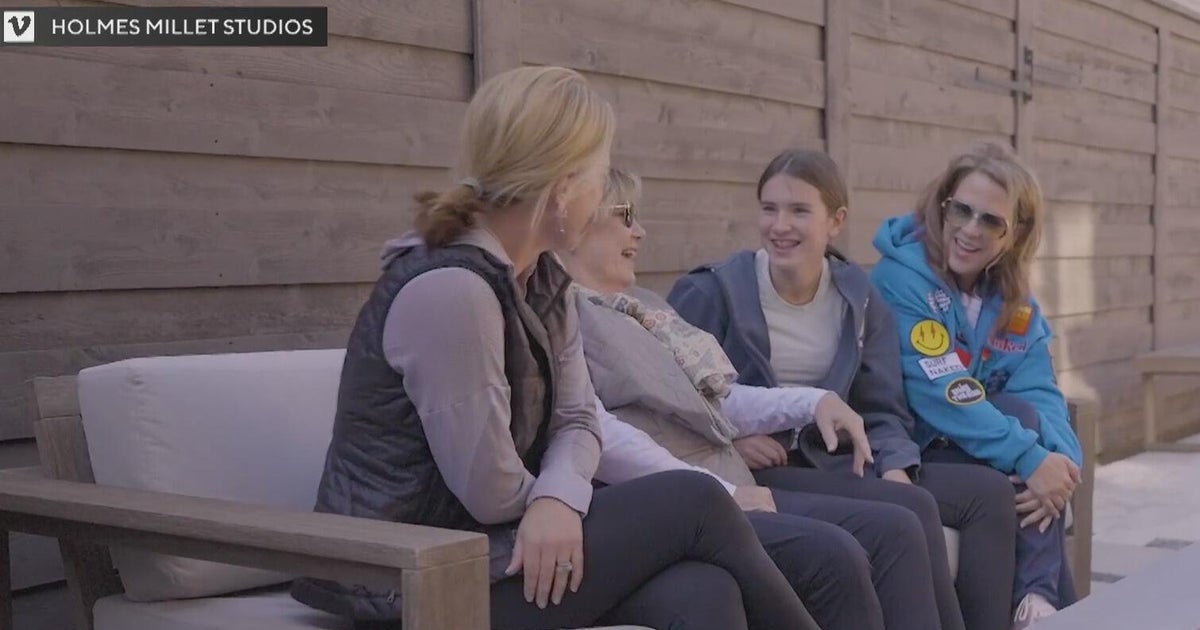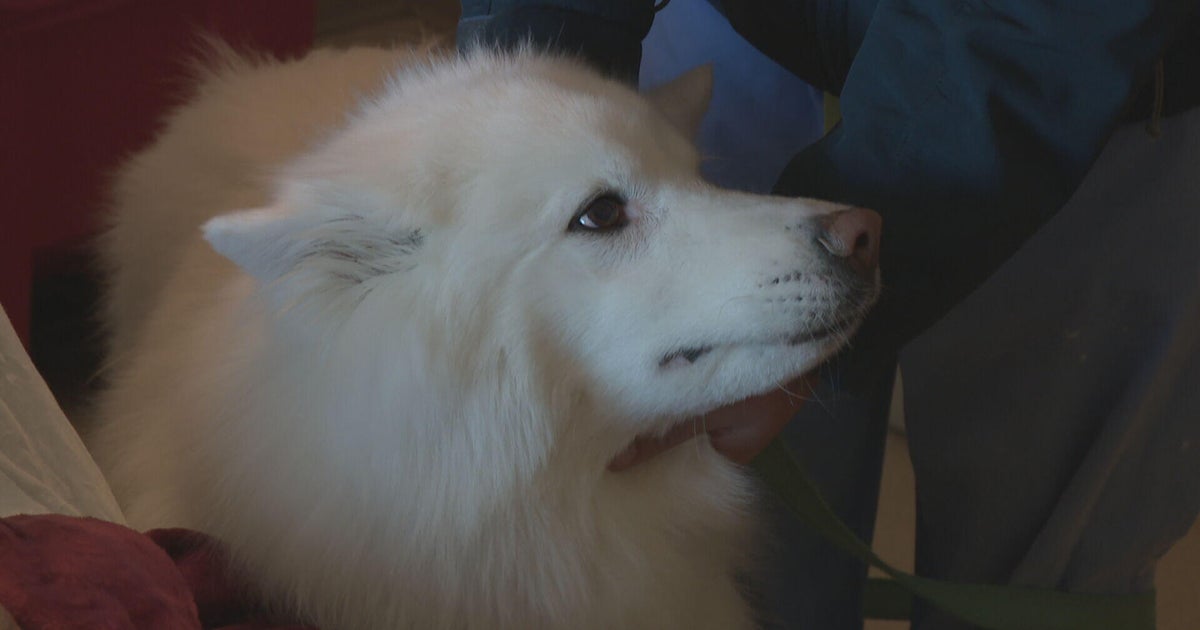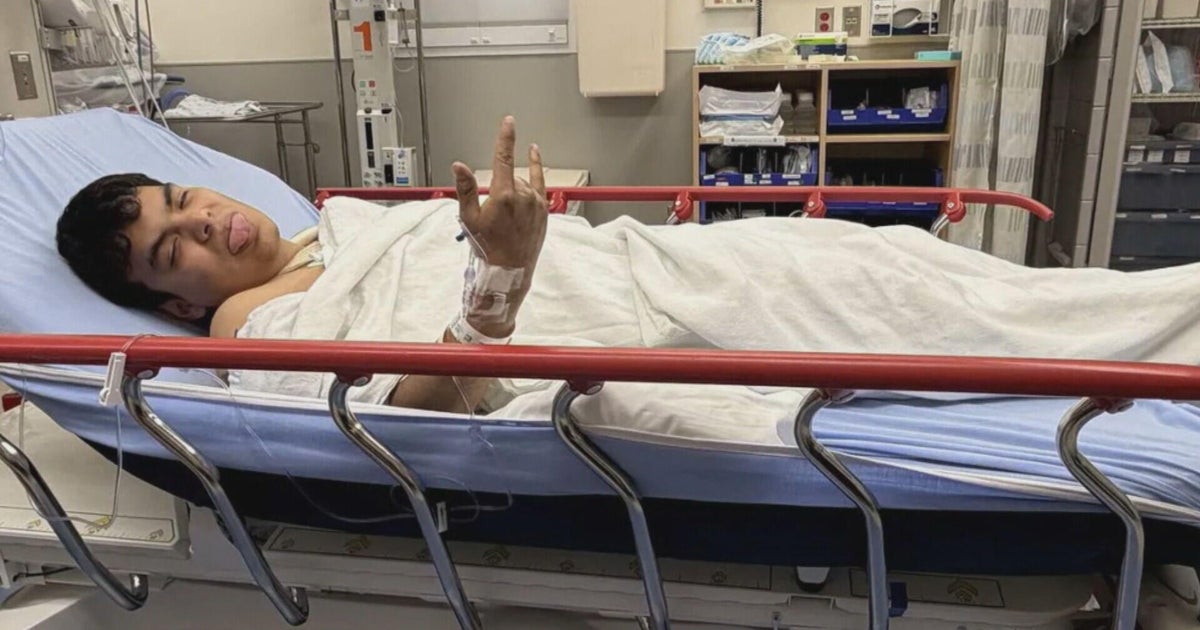What Does Coronavirus (COVID-19) Do To Our Bodies?
MINNEAPOLIS (WCCO) -- According to the Centers for Disease Control, fever, cough and shortness of breath may appear two to 14 days after exposure. Those symptoms can often be confused with a common cold or influenza.
So, what does COVID-19 do to our bodies? Good Question.
First, a person takes in droplets of the virus from someone else. Often that will happen by swallowing or breathing them in.
"There are receptors in the guts and lungs that the COVID virus can attach to and start using the machinery of that cell that would normally be used to keep the virus health and instead turn it into a virus factory," says Dr. Kealy Ham, HealthPartners critical care physician at Regions Hospital.
Essentially, the virus starts replicating itself using the person's lung and gut cells.
In many viruses, including influenza, that causes the whole body to get inflamed. But, Dr. Ham says with COVID-19, the lungs can also sometime take a direct hit.
"Something that's a little different with this particular virus is that it's also causing direct injury to the lung cells and those are people we're seeing in the intensive care unit," she says. She also point out scientists don't know yet exactly why this happens.
Dr. Ham says the cough comes from the body trying to cough out the fluid build-up in the lungs. The shortness of breath, which could be caused by many things, is also an inflammatory response that causes the body to increase metabolism. People then correct for that increase by breathing faster.
The majority of people recover without medical assistance from COVID-19. Those people often don't suffer the lung damage and their white blood cells can eat up the virus.
But, a small percentage of people need a respirator to help them breathe.
"The lung starts to fill up with more fluid instead of having oxygen," says Dr. Ham. "Then that fluid builds up, the oxygen can't cross over to the lung tissue and in to the bloodstream."
When that happens, the other organs can't get oxygen. That can cause organ damage.
For another small group, a bacterial pneumonia can develop.
"There's definitely a contingent who die who have underlying conditions," says Dr. Ham. "They don't have the reserve to step and fight this thing the way you or I hopefully can."
And, as for why the virus seems to affect older people more, Dr. Ham says that's still under investigation. It could be those underlying conditions, but some theories point to children having more antibodies that identify the abnormal cells and fight them off.







